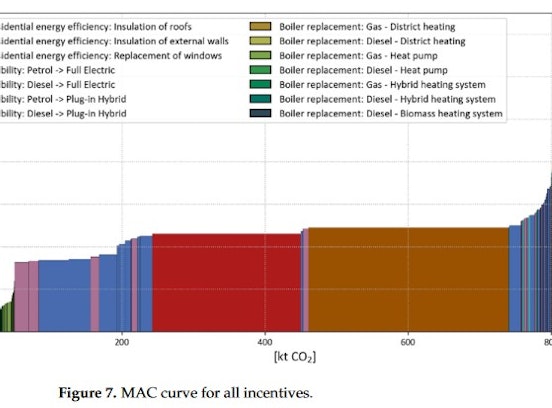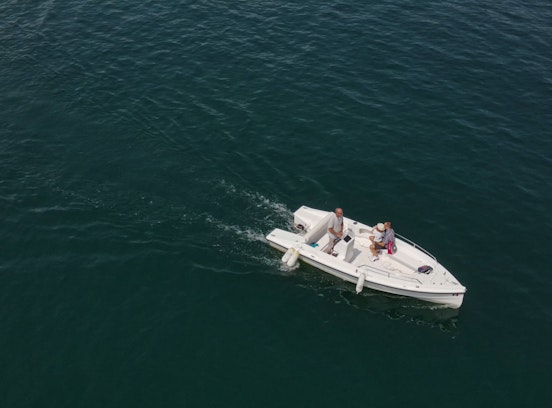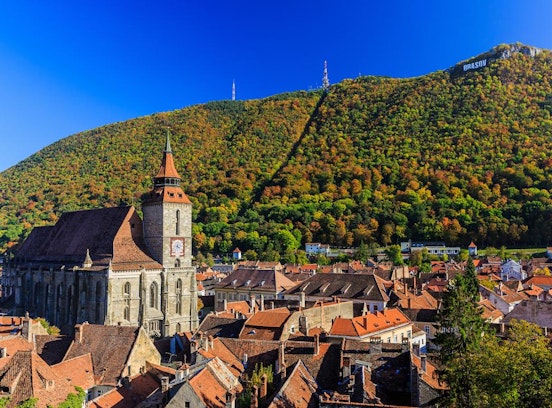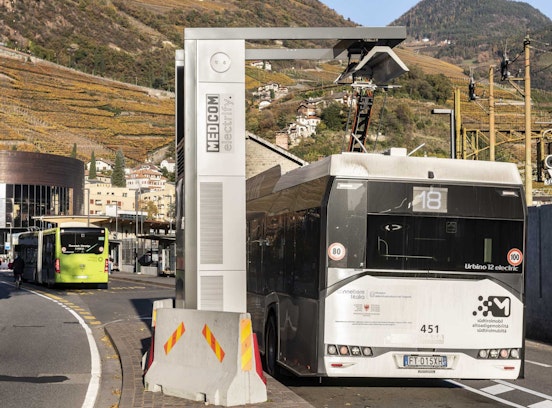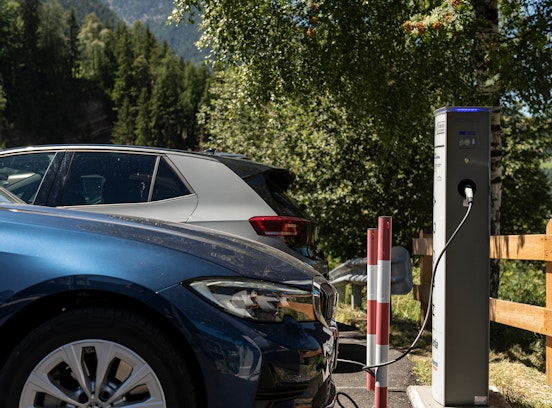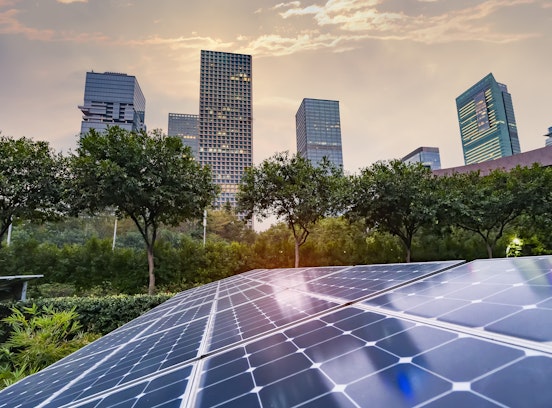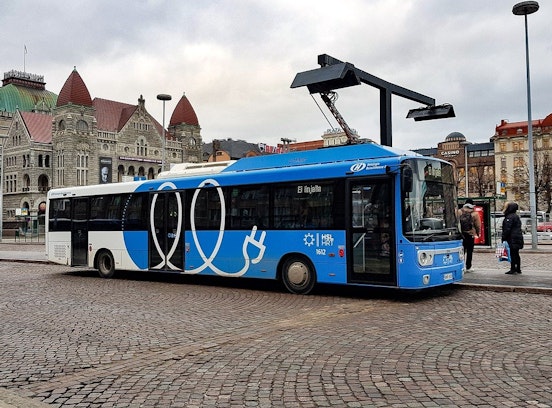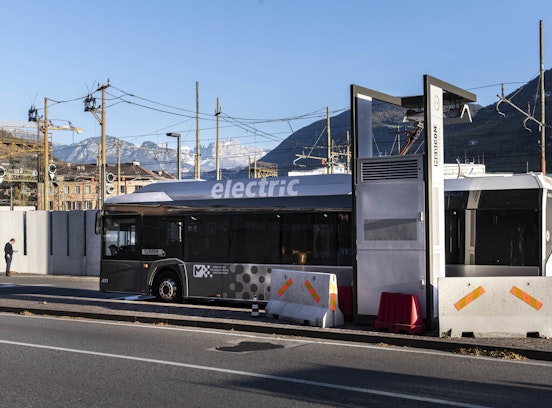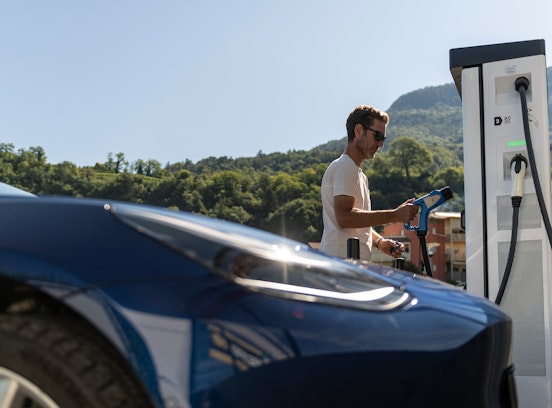ENERDAY 2023
Steffi Misconel wins the Best Presentation Award at the 17th edition of ENERDAY in Dresden
- English
On May 5th, 2023, the Chair of Energy Economics at the Technical University of Dresden and the Technical University of Berlin hosted the "ENERDAY - 17th International Conference on Energy Economics and Technology". The conference brought together around 100 participants from research and industry, featuring nearly 50 presentations on the topic "Energy crisis as an accelerator of a sustainable transformation?"
The conference aimed to explore the ongoing energy crisis's impact on the energy system's transformation. The overarching question of the 17th ENERDAY conference revolved around whether the energy crisis can accelerate a sustainable transformation.
During ENERDAY, the Best Presentation Award was given to two outstanding presentations with significant scientific insights and compelling results. The award has been presented since 2015 and is jointly sponsored by enerCONNECT e.V. and the Society for Energy Economics and Energy Policy (GEE) e.V.
The winners of this year's award were:
- Thibault Deletombe (Université Paris Dauphine-PSL): "The insurance value of renewable energies"
- Steffi Misconel (Eurac Research): "Exploring the untapped potential of renewables and flexibility options in reducing CO2 emissions - What will it cost?"
Steffi Misconel's presentation focused on calculating marginal CO2 abatement cost curves (MACCs) to determine the least-cost sequential order of investments in decarbonization measures for the German sector-coupled energy system from 2030 to 2045. The study utilized a modified version of the bottom-up linear optimization model ELTRAMOD to calculate detailed step-wise MACCs.
The findings indicated that early in the decarbonization process, investing in variable renewable energy sources (vRES) is more cost-effective, while as the process progresses, integrating vRES into the energy infrastructure with flexibility options and sector-coupling technologies becomes crucial. Ground-mounted PV, onshore wind, and heat pumps were identified as the most cost-effective measures by 2030, while offshore wind, power-to-hydrogen-to-power, and batteries were the most expensive options. By 2045, ground-mounted PV remained the most cost-effective, and investments in battery electric vehicle with controlled bi-directional charging and power-to-heat became cost-effective earlier. Power-to-hydrogen-to-power showed the highest CO2 abatement potential but was also associated with higher costs.
The study emphasized the necessity of a diversified portfolio of low-cost and higher-cost measures to achieve decarbonization targets. The step-wise MACC approach was proposed as a valuable tool for policymakers to identify cost-efficient energy strategies.
"We would like to express our gratitude to the award committee, Prof. Dr. Christian von Hirschhausen (TU Berlin), Prof. Dr. Anne Neumann (NTNU Trondheim), Prof. Dr. Dominik Möst (TU Dresden), Dr. Maximilian Happach (GEE), and the entire ENERDAY organization team for the highly successful conference. Thank you very much for recognizing our work with the Best Presentation Award. The conference provided an excellent platform for meaningful discussions and valuable insights. Thank you once again for this wonderful opportunity and for your dedication to advancing the field of energy economics and technology" commented Misconel.
Steffi Misconel is Research Associate at our Institute and she collaborate with the Overall Energy System Modelling and E-Mobility research group
Link to the complete programme of the conference
